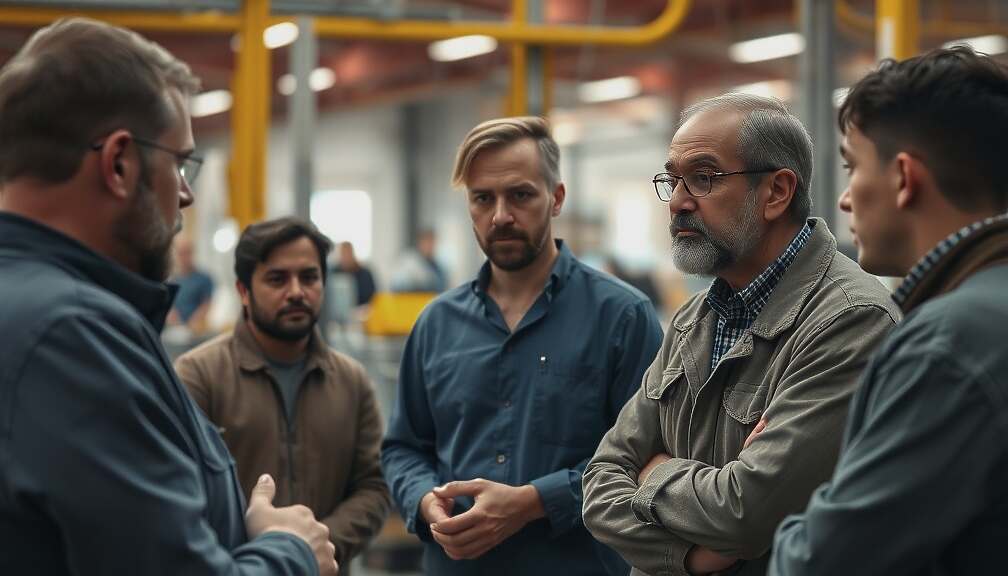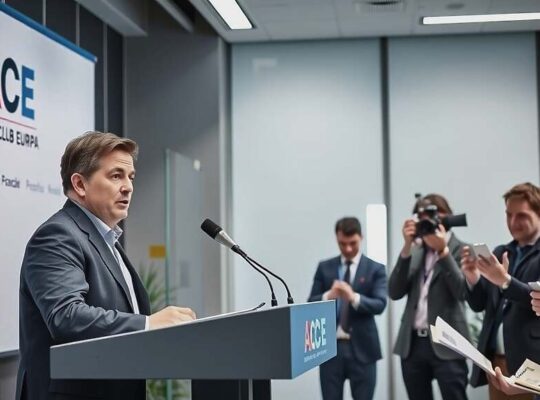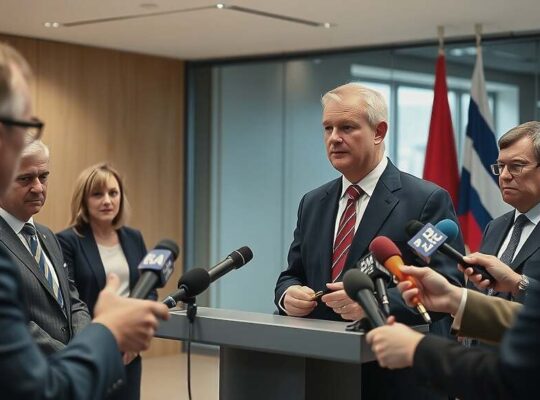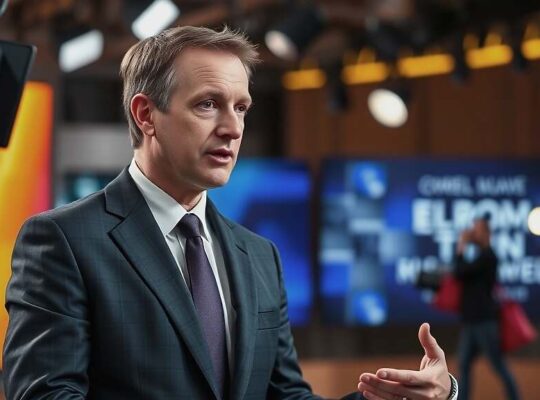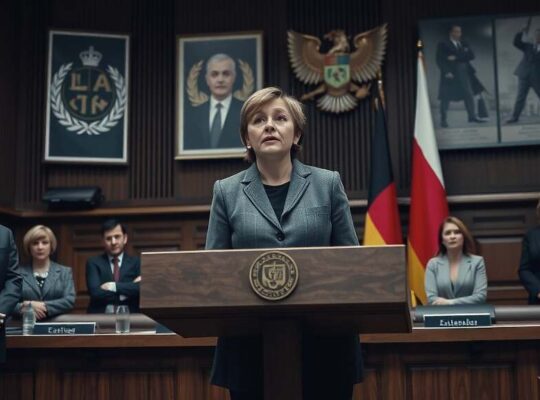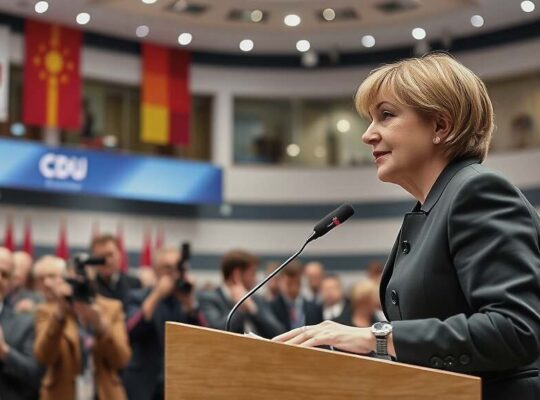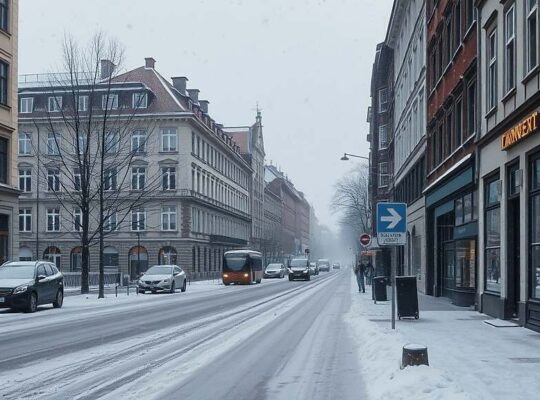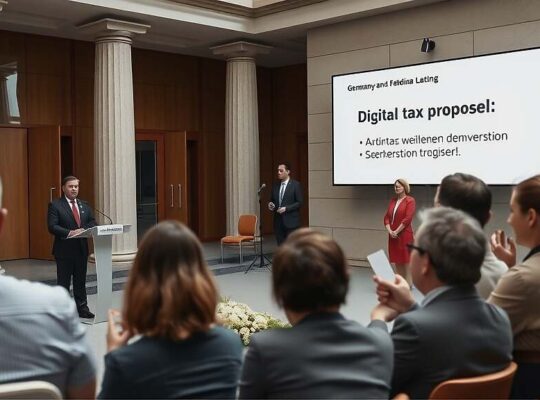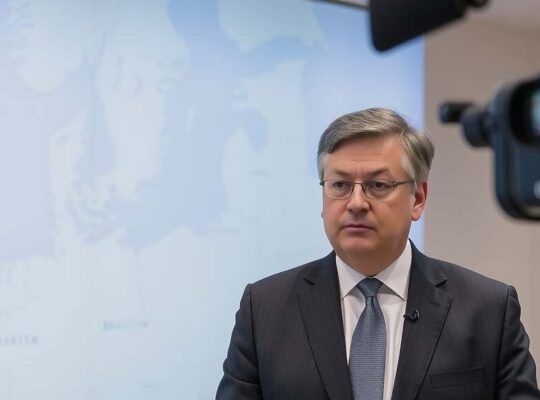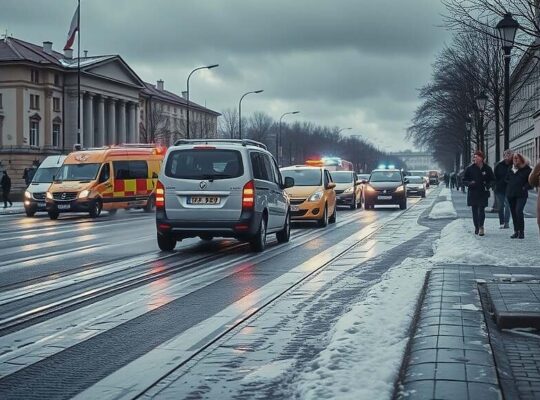Markus Söder, the Bavarian Minister-President and leader of the CSU party, has issued a stark warning regarding Europe’s vulnerability to supply chain disruptions, particularly concerning semiconductors and criticized the EU Parliament’s recent inaction. Speaking to “Bild am Sonntag”, Söder emphasized the urgent need for Europe to cultivate independent, reliable supply chains, advocating for “less dependence and more self-sufficiency” and decrying what he perceives as self-sabotage within the Union.
“The situation is serious” Söder stated, highlighting the critical role Bavaria plays as a hub for the automotive industry, home to giants like BMW, Audi and MAN and a network of crucial suppliers. “When chips are missing, everything grinds to a halt”. This dependency, he argues, directly threatens the region’s and by extension, Europe’s economic vitality.
Söder’s criticism was specifically directed at the EU Parliament’s rejection of proposed amendments to the EU Supply Chain Act. He accused the body of habitually delaying critical decisions, leading to a pattern of inaction that undermines Europe’s international standing. The Act, intended to hold large companies accountable for human rights and environmental abuses within their supply chains, has been the subject of intense lobbying, with member states proposing significant dilutions that would have dramatically reduced the scope of companies covered. The rejection of these amendments, Söder asserted, exemplifies a pervasive culture of compromise that ultimately harms European prosperity and democratic stability, creating opportunities for extreme political forces.
Beyond semiconductor shortages, Söder also targeted the EU’s ambitious CO2 fleet emission standards, which mandate a complete phase-out of new gasoline and diesel vehicles by 2035. He dismissed the current targets as “unrealistic” questioning the feasibility of a full transition to electric vehicles within the stipulated timeframe. “We need to allow highly technologically advanced, efficient combustion engines beyond 2035” he insisted, signaling a potential shift in the CSU’s stance on environmental policy.
The Bavarian leader’s call for decisive action reflects a growing concern within German industry and conservative political circles regarding the potential economic consequences of overly ambitious environmental regulations and a reliance on potentially unreliable foreign suppliers. While the Federal Ministry for the Environment points out that electric vehicles already demonstrate a significantly lower lifecycle CO2 footprint compared to traditional combustion engines (a reduction of up to 78% for models sold in 2025), Söder’s argument underscores a debate about the pace and practicality of Europe’s green transition and the critical need to ensure economic resilience alongside environmental goals. His comments risk sparking a wider political debate regarding Europe’s strategic autonomy and the balance between climate ambition and industrial competitiveness.


